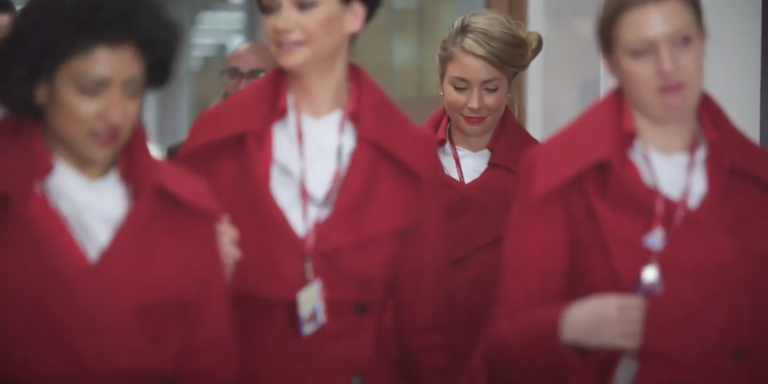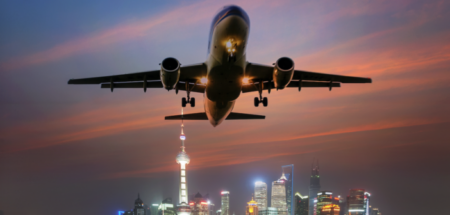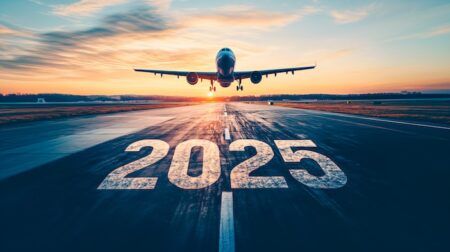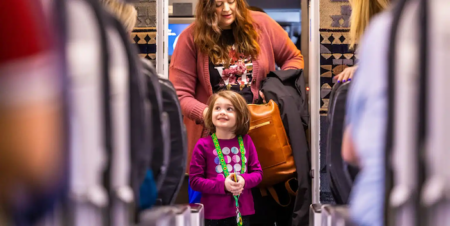The Virgin Atlantic rescue package shows that today’s level of airline industry risk is tolerable for investors, and that first-movers may reap advantages. Cheap debt is driving the calculation amongst some investors, including a number of private equity firms, that there are airlines out there (such as Virgin Australia, Qantas Airways, Virgin Atlantic and British Airways, amongst others) which are well-positioned to bounce back once demand recovers.
Added to the expected return of air travel demand, along with the travel and tourism sector more broadly, oil prices are likely to be subdued for some time as the global economy progressively recovers and emerges into a post Covid-19 world. As jet fuel represents a third or so of costs for most airlines, and labour a similar proportion, both are likely to be lower as the aviation industry recovers over the coming years; at least in the short to medium-term.
It seems apparent that certain investors have decided that the risks associated with the industry’s uncertain future – particularly the timeframe for recovery to 2019 demand levels – are at a tolerable point.
The case can certainly be made that airlines which are ready to adjust to what could be a fairly rapid spike in demand will reap the most substantial benefits. Even so, the caveat should be added that domestic air markets such as China, Australia, Canada and the USA (together with the European multilateral single air market included in this category) are likely to experience an uptick in demand first (perhaps with the US more uncertain than the others due to the ongoing rise in cases there), followed by neighbouring and wider regional air markets in close proximity to one another.
International long-haul will likely take the longest to return to 2019 demand levels; although specific bilateral links will be established between countries with infection rates deemed mutually acceptable.
Certain investors have concluded that the 100+ vaccines in development around the world currently, coupled with encouraging news surrounding therapeutic treatments, along with the possibility of cheaper and faster testing and more effective contact tracking and tracing, all unite to suggest that the airline industry could suddenly find itself in a dramatically different context over a relatively short period of time.
With this in mind, laid-off employees, parked planes and mothballed facilities all take time to bring back online. There is a real sense of first-mover advantage here, or at least fast follower, whereby the quickest airlines to literally get off the ground will enjoy competitive advantages, including capturing substantial market share, and for some time to come.
Disclaimer: Dr Ellis currently owns Qantas Airways shares (purchased well before Covid-19).





